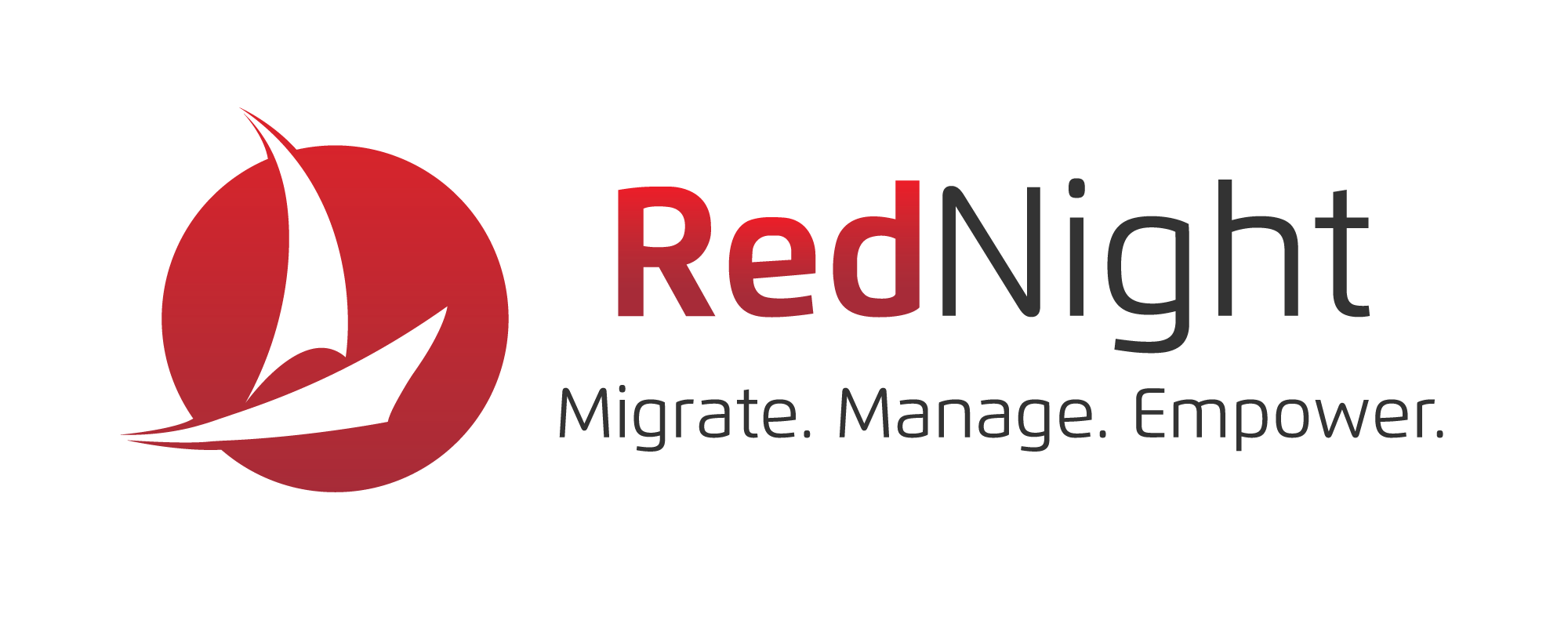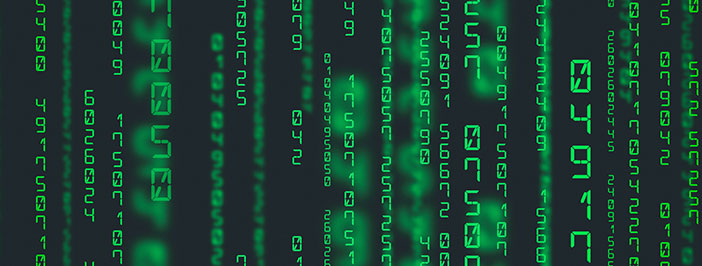The days of worrying about someone looking over your shoulder for your password are probably gone. If your data has been stolen, or you’ve experienced data loss in some fashion, odds are you are the victim of a much larger breach.
Most businesses have been hacked or have experienced some variation of data loss. Small to medium-sized businesses are often the target of hackers because of the lower cybersecurity barriers and the slow recovery time makes them more susceptible to ransomware. But hacking affects some of the biggest enterprises as well. Here are some of the most substantial.
Yahoo
As of today, Yahoo has the misfortune of having the largest reported data breach in internet history. Over two separate hacks (in 2013 and 2014), personal data was gathered from 1.5 billion user accounts. That’s billion. With a B.
Yahoo released the information in 2016, saying the 2014 breach was orchestrated by a “state-sponsored actor” who secured the names, emails, phone numbers and birth dates of 500 million users. Shortly after, Yahoo announced that a separate hack in 2013 had taken the same info from another billion.
The release of this information caused a $350 million drop in Yahoo’s sales price to Verizon.
eBay
In 2014, eBay announced that every one of their 145 million user accounts had been hacked. The hackers gained access to usernames, passwords, home addresses and birthdates. Luckily, credit card and other financial information was held elsewhere.
The Syrian Electronic Army took credit for the attack and gained access to eBay’s network by using stolen corporate credentials.
Target
Just in time for the 2013 Christmas shopping season, hackers accessed millions of credit and debit cards from Target customers, up to 110 million customers. The data loss breach cost Target $160 million and resulted in the resignation of its CEO.
The hackers made their way in through the HVAC company Target used, putting a stamp on the idea that you’re only as secure as your least secure vendor.
Home Depot
Home Depot’s point-of-sale systems led the path for hackers in 2014 to 56 million credit and debit card numbers. The investigation showed that custom-built malware was designed to look like antivirus software.
In the end, Home Depot agreed to pay out expenses, estimated at nearly $160 million.
A Point about Data Loss
There is no escaping hackers. By virtue of the architecture of the internet, there are those who learn the back channels and can uncover personal data wherever it lies. These enterprise businesses are the proof. No matter how much capital a company may have, when a hacker sets his or her sights on the target, a breach typically follows.
But there are ways to protect yourself. By using a password manager (“The Best Password Managers of 2017”) for unique and complicated passwords, by using two-factor authentication, by implementing common sense cybersecurity techniques like antivirus software, you can mitigate your risk.
When it comes to cybersecurity and business, things can get complicated. But RedNight Consulting has answers. Contact us today.


